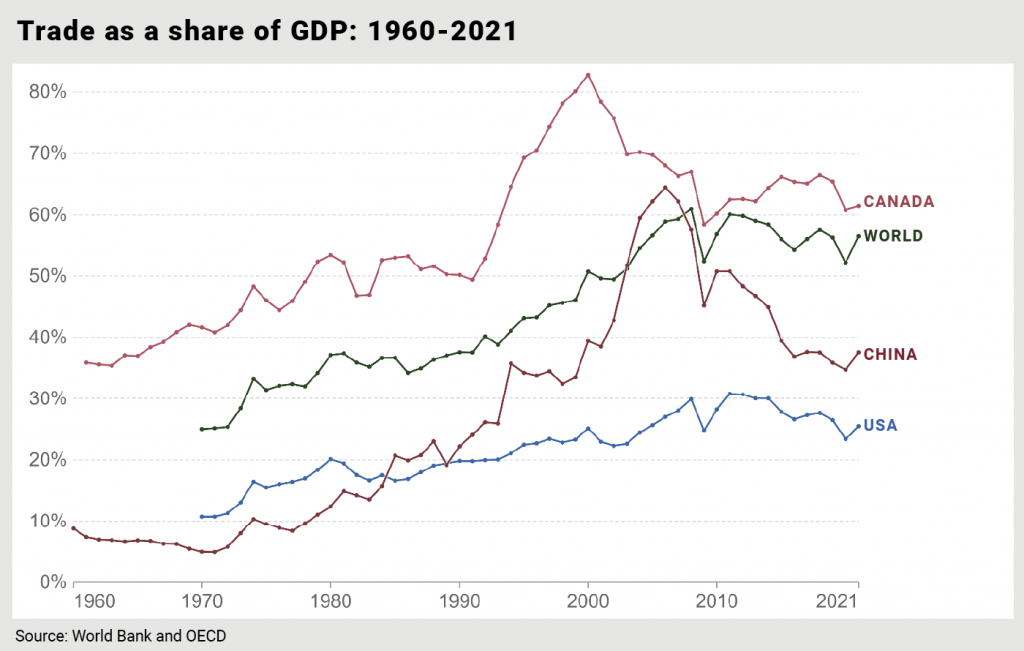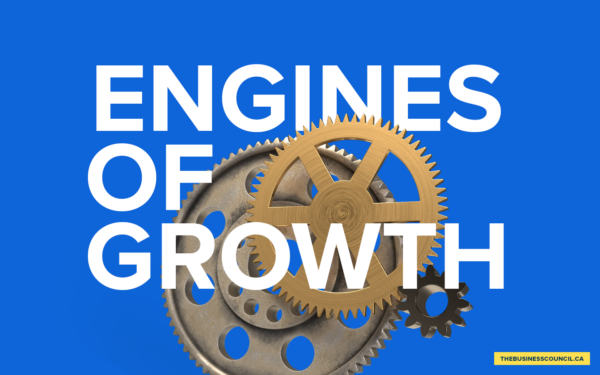A more innovative, productive, and prosperous Quebec
Context
In May 2023, Quebec Minister of Finances Éric Girard launched a consultation to seek the opinions of experts in academia and business on the issue of the wealth gap between Quebec and Ontario. I thank the minister for giving me the opportunity to take part and contribute to this important initiative. I welcome his personal commitment, and that of his government, to taking a fundamental issue for Quebec’s future head on.
Regaining productivity is a necessity and a central issue for Quebec. The financing of the social programs that are so dear to Quebecers is not guaranteed for the generations to come. What’s more, the headwinds represented by population decline are likely to be painful in the long term.
Rather than dwelling at length on the causes of the malaise in productivity, which, it seems to me, has already been the subject of a number of largely consensual analyses over the years (including by the Ministry of Finances), I have chosen for the purposes of this exercise to mainly concentrate on potential solutions.
First, I would note the singular context in which we find ourselves. Though the problem posed by the lack of productivity poses is neither new or easily solved, it is arising at a critical juncture, one in which many governments, first among them the U.S., are embarking on a major reindustrialization exercise in favor of the ecological transition. This inevitably brings industrial policy to the center of debates and government action.
The collapse of consensus in Washington in the 1980s was, in economic terms, one of the most consequential events of the last 20 years.

The new imperatives of political economy are now being manifested and engendering a more marked state interventionism. These imperatives—first among them the energy transition and national security—are neither trivial nor transitory.









